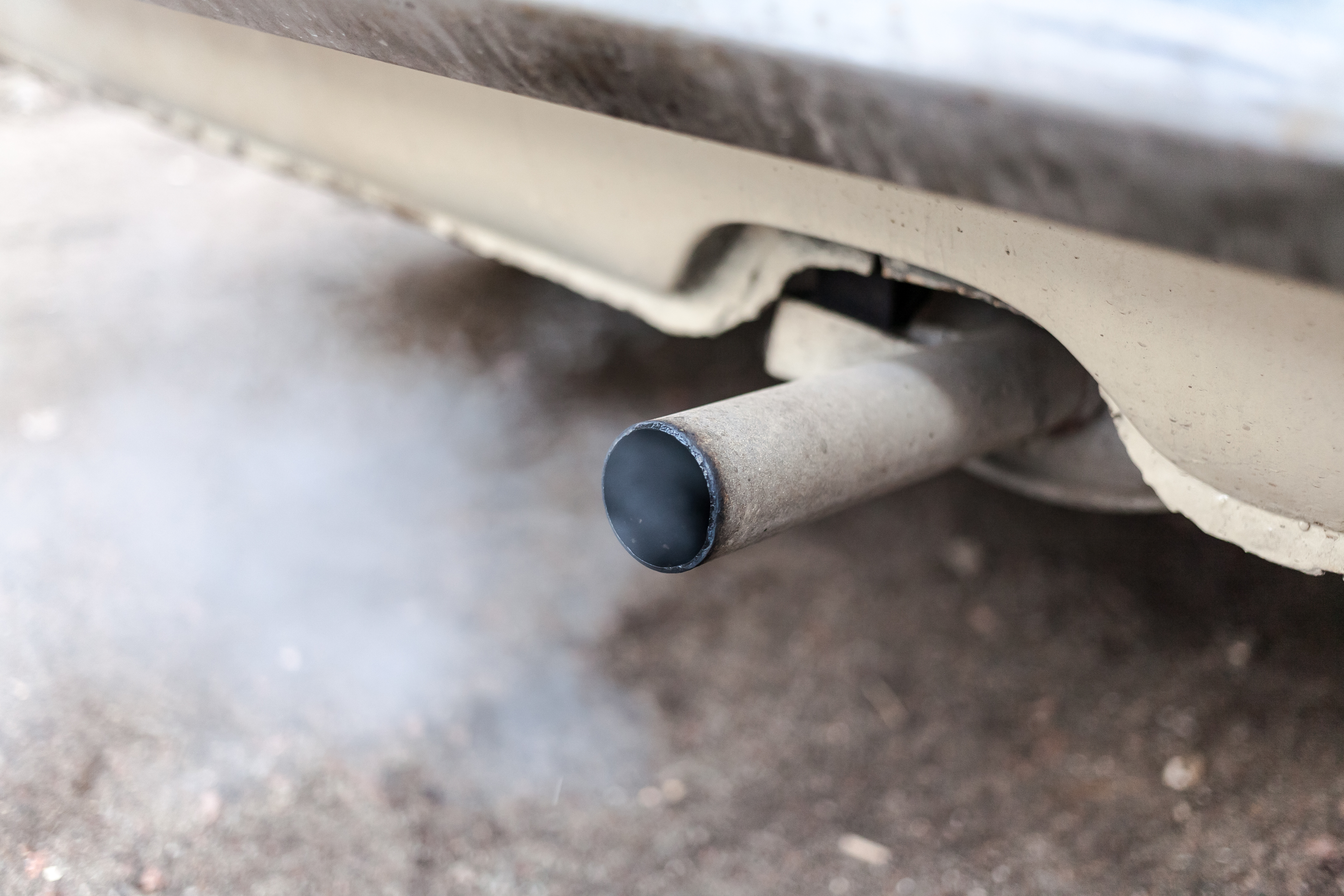What Are the Most Common Causes of High Diesel Emissions?
Diesel engines have been widely used in the transportation industry for their efficiency and durability. However, these engines also emit harmful pollutants that can negatively impact the environment and public health. Therefore Diesel Emission Test is mandatory in various states.
If you're wondering what causes high diesel emissions, you've come to the right place! In this post, we will explore the top reasons behind high diesel emissions and provide tips on how to address them. Let's dive in!
Poor maintenance
One of the primary causes of high diesel emissions is poor maintenance. If a diesel engine is not properly maintained, it can lead to carbon deposits and other pollutants buildup. Regular maintenance, such as oil changes, filter replacements, and fuel system cleaning, can help prevent high emissions.
Faulty or worn-out components
Faulty or worn-out components can also contribute to high diesel emissions. Components such as injectors, turbochargers, and EGR valves can wear out over time, leading to decreased engine efficiency and increased emissions. Regular inspections and replacements of these components help keep emissions low.
Incorrect fuel
Using the wrong type of fuel can also contribute to high diesel emissions. Using low-quality diesel fuel or mixing diesel with gasoline can increase emissions and cause engine damage. It is vital to use the correct type of diesel fuel and to avoid mixing it with other fuels.
Overloading and excessive idling
Overloading a diesel engine or excessive idling can also lead to high emissions. When a diesel engine is overloaded, it has to work harder, which can lead to increased emissions.
Excessive idling can also cause increased emissions without any useful work being done by the engine. It is essential to avoid overloading the engine and to minimize unnecessary idling.
Poor driving habits
Finally, poor driving habits can also contribute to high diesel emissions. Aggressive driving, speeding, and rapid acceleration can all lead to increased emissions. Encouraging drivers to adopt more fuel-efficient driving habits, such as maintaining a steady speed and avoiding sudden acceleration and braking, can help reduce emissions.
Final thoughts
Addressing these issues through regular maintenance, component inspections and replacements, proper fuel use, and promoting fuel-efficient driving habits can help reduce diesel emissions and contribute to a cleaner environment and healthier communities.
At ETRH, we are committed to helping our customers reduce their diesel emissions and achieve greater sustainability with our Diesel Emission Test services. Contact us today and play your part in saving our environment and preparing for a better future!

Comments